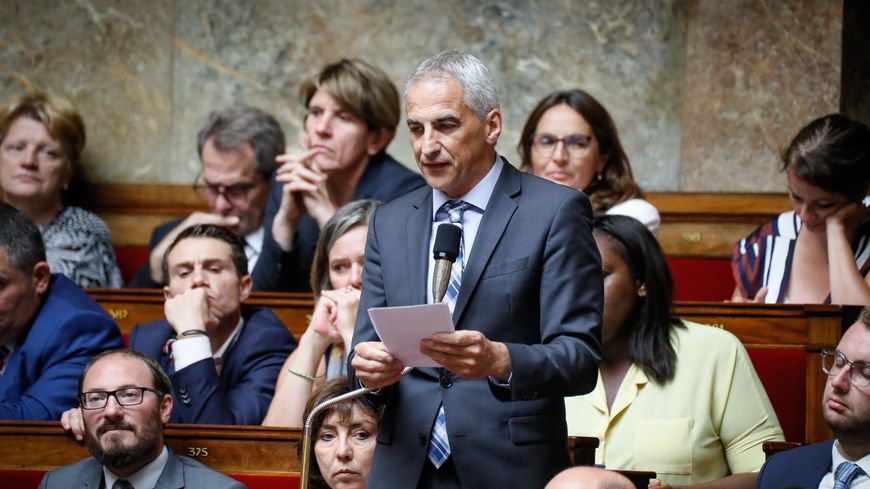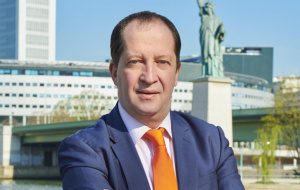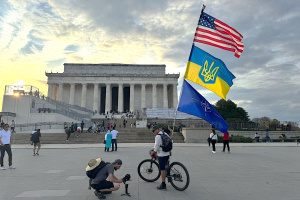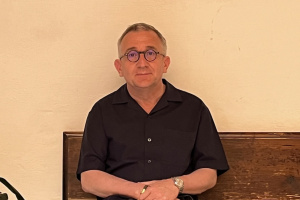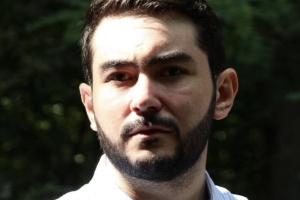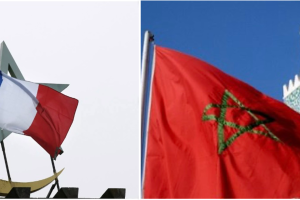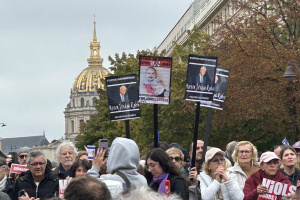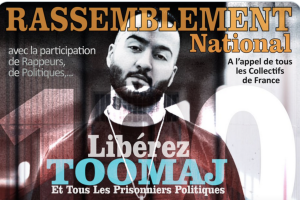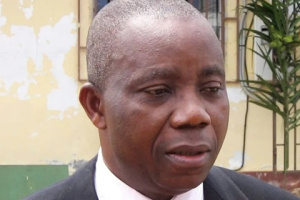The future African Court of Justice and Human Rights bears the hope of a step towards self-sufficiency and can indeed be seen as a progressive step for the African continent. But recent amendments deny such progress: they go against the very essence of promoting human rights. It is still time for African leaders to reject an unjust justice.

Opening Ceremony of the 23rd Ordinary Session of the Assembly of the African Union in Malabo, Equatorial Guinea – 26 June 2014
At a summit in Equatorial Guinea in June, leaders of the African Union (AU) countries agreed on a draft protocol for the new African Court of Justice and Human Rights (ACJHR) expanding the court’s scope: What was originally a civil tribunal for hearing human rights complaints will now be a full-fledged criminal court with authority to deal with the most serious crimes, including genocide, crimes against humanity and piracy.
At the same time however, the AU adopted an amendment to the statute of the ACJHR that precludes the African Court from trying sitting heads of state and government, as well as other senior state officials, for serious crimes committed in violation of international law.
One step forward, a huge step backwards
This new judicial organ is thus regarded as a significant and important step forward. The new court – which merges the existing African Court on Human and Peoples’ Rights and the still purely theoretical African Court of Justice – will have a wide mandate to try serious human rights violations, war crimes and major breaches of international law.
The creation of a specifically African court ought to signal a step towards self-sufficiency and could indeed be seen as a progressive step for the continent. It is perceived as Africa’s answer to the International Criminal Court (ICC), and will reinforce the AU’s commitment to promote peace, security and stability on the Continent and to protect human and peoples rights. At least this is the message contained in the protocol’s preamble…
The body of the text however tells a different story. Some of the clauses in the protocol constitute what Jemima Kariri from ISS Africa calls « a protective veil that denies justice for victims and is detrimental to accountability ». The recent amendments to the protocol have turned the ACJHR into a mechanism that will prevent African heads of state, politicians, and state officials from being targeted by the ICC.
The ACJHR has been created in the context of strong critiques of the ICC which has often been accused of being « unfair » for having tried only African leaders. It therefore comes as no surprise that the AU urged its members to stand together against the ICC.
Protect African governments and their political elites rather than the continent’s people
In this perspective, the main purpose of this body is to protect African governments and their political elites, rather than the continent’s people. On the one hand, a clause has been inserted that purports to protect political office bearers from prosecution; on the other, clauses that protected the right of legitimate public protest against incumbent governments have been removed, rendering those who agitate for regime change liable to prosecution.
The strong impression is that African leaders seem isolated from the continent’s real problems. Issues such as corruption, terrorism, genocide, the exploitation of natural resources, trafficking in persons and drugs, as well as other offences falling under the court’s jurisdiction seem to have disappeared from their focus.
The potential threat of these modifications on the protection of human rights in Africa is enormous. Not only does granting immunity offer free rein to senior officials and heads of state to perpetrate such crimes but it will very likely motivate them to cling to their official positions in order to avoid prosecution.
This is all the more alarming that it takes place at a time when atrocities continue to be committed in countries such as South Sudan and the Central African Republic. To quote Jemima Kariri again: « It goes against the very essence of promoting human rights, peace and stability, and presents a major setback to advancing democracy and the rule of law ».
Civil society has strongly spoken out against the protocol and the establishment of a court that will effectively shield human rights violations. For many, agreeing on these terms goes against the principle of accountability and calls into question the integrity of the council that heads the AU. The protocol has been rejected by 42 African and international civil society and rights organizations. On the 25th of August, Human Rights Watch published a « Call for African States to Reject Immunity for Serious Crimes ».
The protocol must be ratified by 15 AU states for the African Court to begin its work. This means there is still an opportunity for governments to reconsider. Can the African Court truly protect Africans against grave crimes and human rights abuses while it provides such immunity? To demonstrate their commitment towards ensuring accountability through African solutions, African leaders have the responsibility to ensure that neither they nor any other person who perpetuates such crimes goes unpunished.











